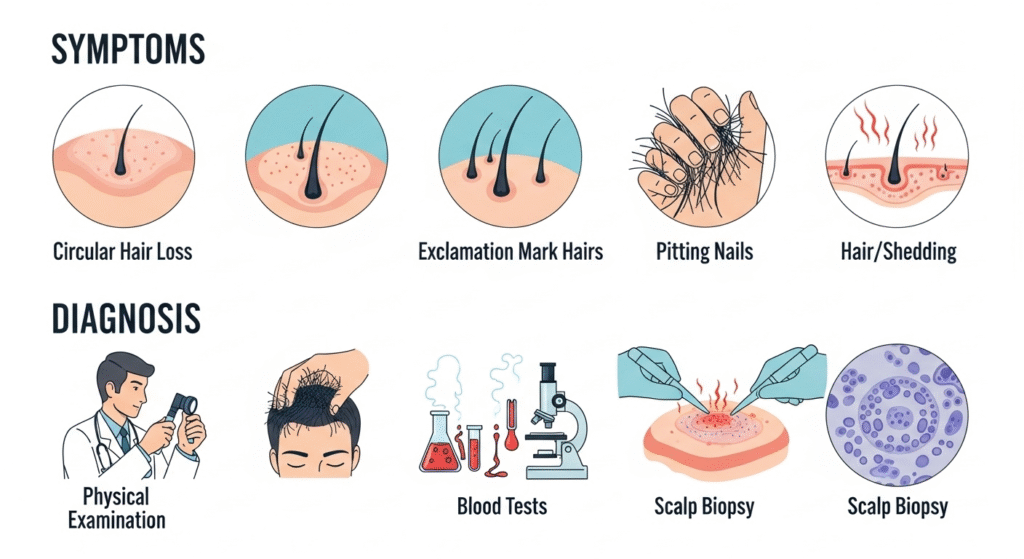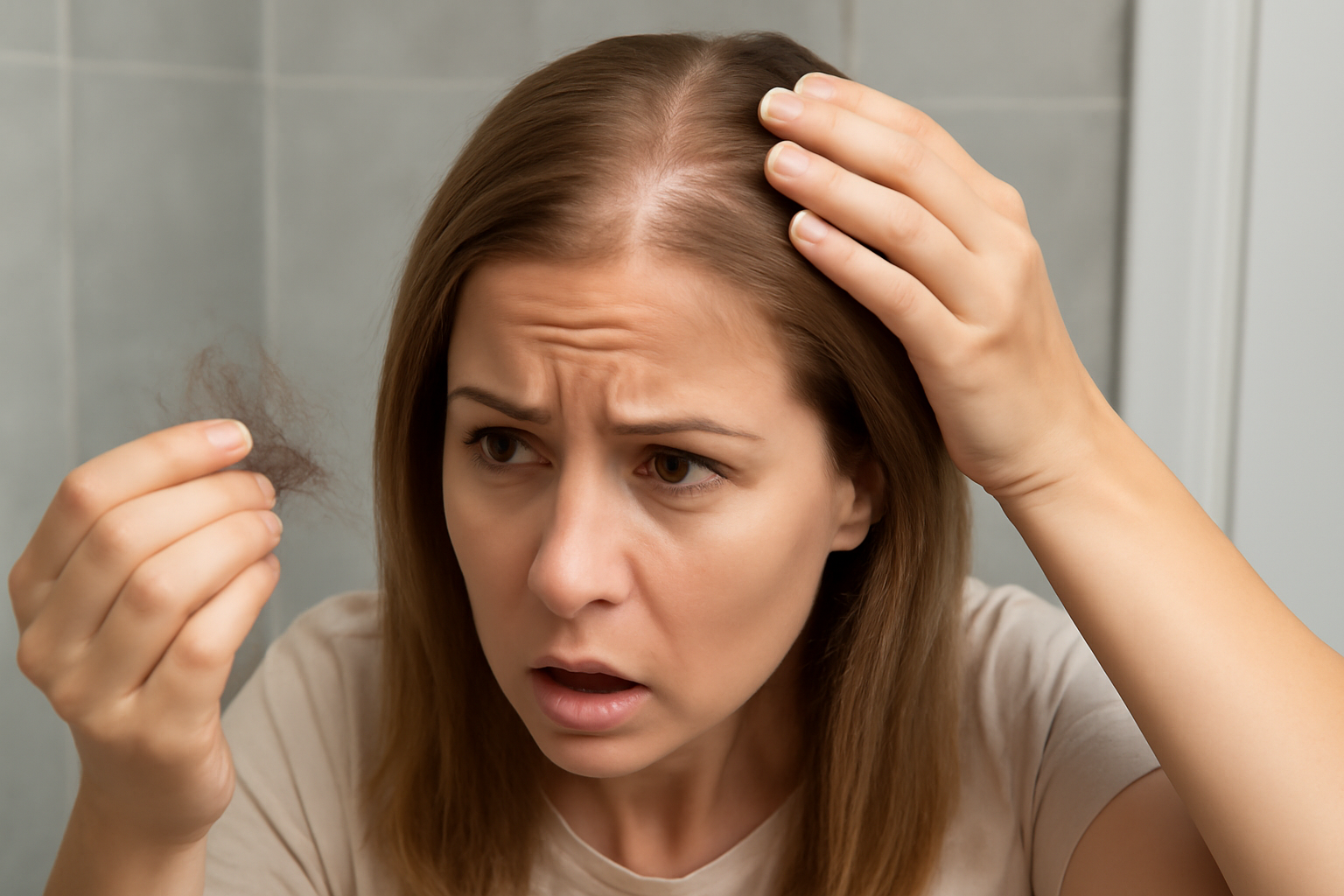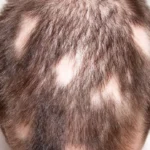Are you struggling with hair loss and looking for an expert alopecia doctor in Islamabad? You’re not alone. Alopecia, a condition causing hair thinning or baldness, affects millions globally. Finding the right doctor is crucial for personalized, effective treatment. In this guide, we’ll walk you through alopecia causes, symptoms, and treatment options available in Islamabad. …
Are you struggling with hair loss and looking for an expert alopecia doctor in Islamabad? You’re not alone. Alopecia, a condition causing hair thinning or baldness, affects millions globally. Finding the right doctor is crucial for personalized, effective treatment.
In this guide, we’ll walk you through alopecia causes, symptoms, and treatment options available in Islamabad. You’ll also discover why seeking a specialist is your best chance for a successful recovery.

What Is Alopecia? Understanding the Condition
Alopecia refers to hair loss, which can happen for various reasons, such as genetics, autoimmune disorders, or stress. There are different types of alopecia, including:
- Androgenetic Alopecia (Male/Female Pattern Baldness): This is the most common form, typically caused by genetic factors.
- Alopecia Areata: An autoimmune disorder that results in patchy hair loss.
- Telogen Effluvium: Temporary hair thinning due to stress or hormonal changes.
Understanding the type of alopecia is crucial for choosing the right treatment approach.
Why Choose an Alopecia Specialist in Islamabad?

Expert Care: Alopecia can be complex, with multiple underlying causes. Choosing a specialist ensures you receive a tailored diagnosis and treatment plan.
Advanced Treatments: Islamabad has leading doctors with access to cutting-edge treatments like FUE (Follicular Unit Extraction) hair transplants and medical therapies that help regrow hair and improve scalp health.
Common Causes of Alopecia
Alopecia can have several causes, ranging from genetic to environmental. Understanding these causes helps in choosing the best treatment for your specific needs. Here are some key factors:
- Genetics: Androgenetic alopecia is often hereditary.
- Hormonal Imbalances: Conditions like thyroid disorders or pregnancy can trigger temporary hair loss.
- Stress and Trauma: Psychological or physical stress can contribute to telogen effluvium, causing hair thinning.
- Autoimmune Diseases: Alopecia areata occurs when the body’s immune system attacks hair follicles.
Symptoms and Diagnosis of Alopecia

Symptoms of alopecia vary depending on the type but may include:
- Gradual thinning of hair or bald spots on the scalp
- Patchy hair loss (in cases of alopecia areata)
- Excessive shedding after combing or washing hair
If you notice any of these symptoms, it’s essential to consult an alopecia specialist. A thorough examination, including blood tests and scalp analysis, will help diagnose the type of alopecia and guide the treatment plan.
Effective Alopecia Treatments Available in Islamabad
Alopecia treatment options have advanced significantly over the years. Here are some effective treatments offered by specialists in Islamabad:
1. Hair Transplant Surgery (FUE)
Follicular Unit Extraction (FUE) is a popular method for treating severe alopecia. It involves removing hair follicles from a donor area and implanting them into the balding or thinning areas. This minimally invasive procedure offers permanent results.
- Recovery Timeline: Most patients experience full recovery within 6–12 months.
- Success Rate: FUE boasts a high success rate, with natural-looking results.
2. Topical Treatments
Medications like Minoxidil and Finasteride can help slow down hair loss and stimulate regrowth, particularly in early-stage alopecia.
3. Platelet-Rich Plasma (PRP) Therapy
PRP therapy involves using your own blood to promote hair growth by injecting concentrated platelets into the scalp. This method is highly effective for promoting hair growth and improving scalp health.
4. Hair Loss Medications
Doctors may also recommend medications such as Spironolactone or Corticosteroids for treating certain types of alopecia.
How to Choose the Best Alopecia Doctor in Islamabad
Choosing the right alopecia doctor is critical for effective treatment. Here are some tips for selecting the best specialist:
- Check Qualifications: Ensure the doctor is board-certified and has experience in treating alopecia.
- Patient Reviews: Read reviews and testimonials from previous patients to assess the doctor’s reputation.
- Consultation: Book a consultation to discuss your symptoms and evaluate the treatment options available.
FAQs
1. What causes alopecia?
Alopecia can be caused by genetics, autoimmune disorders, stress, hormonal imbalances, or physical trauma.
2. How effective is FUE hair transplant surgery?
FUE is a highly effective solution for permanent hair restoration, with most patients seeing full results within 6–12 months.
3. Can alopecia be cured?
While alopecia may not always be completely cured, various treatments can manage symptoms and stimulate hair regrowth.
4. Is PRP therapy safe?
PRP therapy is a safe, non-invasive treatment that uses your own blood to promote hair growth.
5. How long does it take to recover from an FUE hair transplant?
Full recovery after FUE typically takes 6–12 months, with noticeable hair growth within the first 3–6 months.
Conclusion
Alopecia can be a distressing condition, but with the right doctor and treatment plan, recovery is entirely possible. By choosing a trusted alopecia specialist in Islamabad, you ensure that you receive the best care and the most effective solutions.
Dr. Uzma Irfan, an ISHRS-certified surgeon in Islamabad is here to provide you with expert guidance and support every step of the way.






